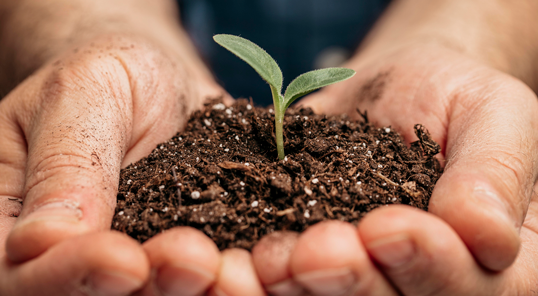
Image: Pixabay
The Operational Committee of the Amazon Sustainable Landscapes Program (ASL project) approved the Annual Operating Plan (POA) worth R$ 47.2 million that will be implemented in the period 2022/2023. Among the actions planned for the period are studies to make forestry concessions viable, support for the development of recovery plans for degraded areas and management of conservation units, among others.
Priority will be given to the delivery of forest restoration activities with a contribution of around R$ 21 million, advancement of the environmental suitability of rural properties and restoration within Conservation Units. Furthermore, the program will support the restructuring and training of state and federal agencies involved in the project.
The new activities planned for the period represent 1,270 hectares of areas for restoration, 16 thousand new analyzes of the Rural Environmental Registry (CAR), 5 thousand rectifications of already analyzed CAR, support for the preparation of 10.6 thousand Recovery Projects for Degraded Areas and Amended (PRADAs), in addition to the preparation of three management plans for Conservation Units.
Participating in the meeting that approved the plan were representatives from the Ministry of the Environment (MMA), World Bank, Getúlio Vargas Foundation (FGV), Brazilian Forest Service (SFB), Chico Mendes Institute for Biodiversity Conservation (ICMBio) and International Conservation (CI ) and the Environmental Secretariats of the states of Acre, Amazonas, Pará and Rondônia.
{module Form RD}
:: About the project
The Project is aligned with the objectives of improving the sustainability of Protected Area systems, reducing threats to biodiversity, recovering degraded areas, increasing carbon stocks, developing good forest management practices and strengthening policies and plans aimed at conservation and recovery and sustainable use of Amazon ecosystems.
In Brazil, the project is being coordinated by the MMA under the coordination of the Secretariat of Amazon and Environmental Services (SAS) together with the Secretariat of Protected Areas (SAP), in partnership with the states of Amazonas, Acre, Pará and Rondônia and in alignment with the federal bodies that work on these themes (MMA, SFB and ICMBio). In its execution arrangement, the World Bank is the implementing agency, and 3 executing agencies share responsibility for executing the project, namely: Funbio (component 1 – Phase 1 Arpa); International Conservation – CI-Brazil (components 2, 3 and 4 – Phase 1); Fundação Getúlio Vargas (Components 1, 2, 3 and 4 – Phase 2)
Per: DATA










